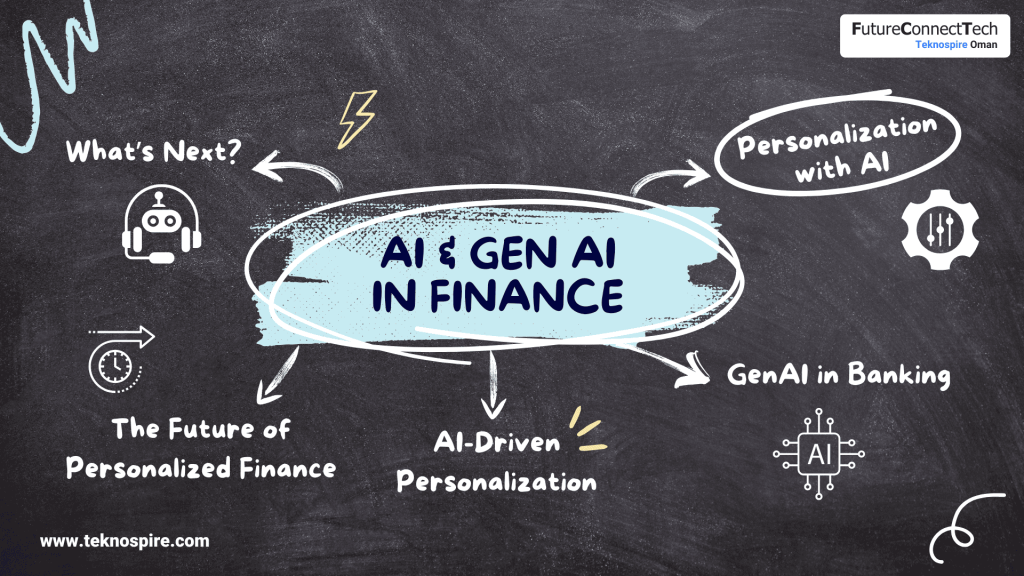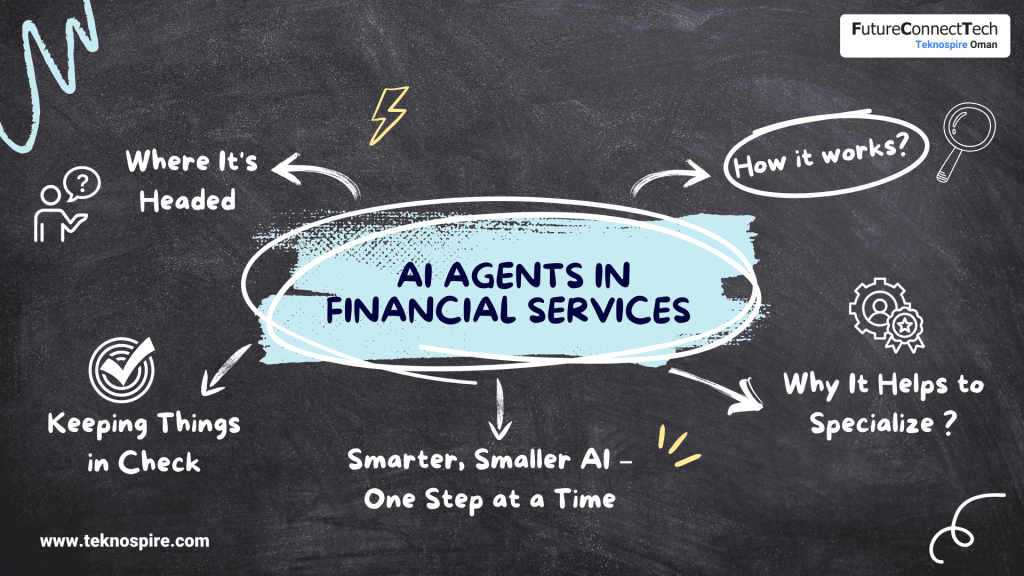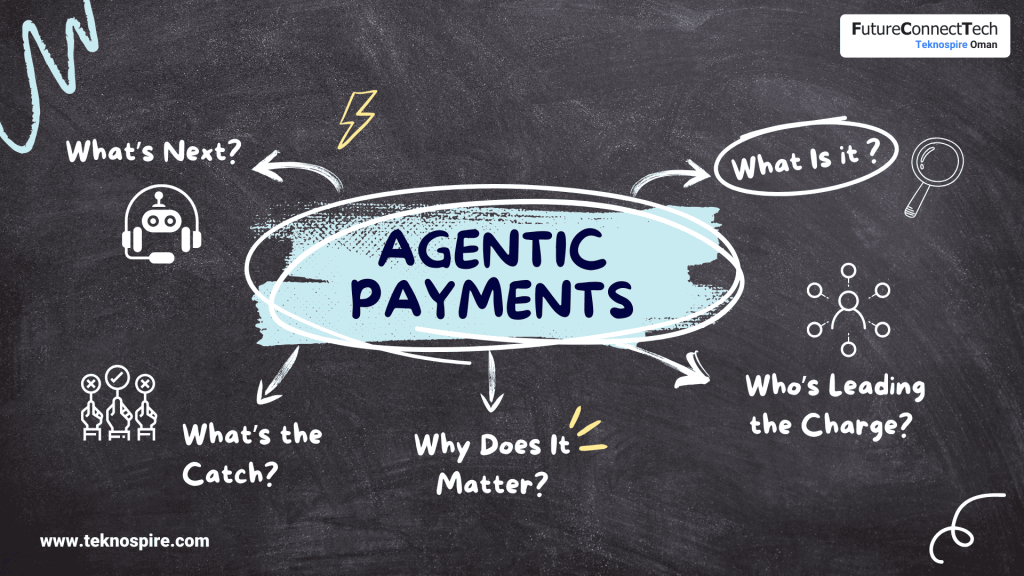AI, GenAI & Personalized Communication in Financial Services: What’s Changing
Personalization in finance has always been a buzzword. Banks and fintechs have wanted to “know the customer” better, but most efforts ended up being generic emails or one-size-fits-all offers. Now, with AI – and especially generative AI – the idea of true personalization is starting to take shape. From smarter recommendations to more natural conversations, AI is helping financial institutions deliver experiences that feel relevant, timely, and even human. Why Personalization Matters Customers today expect their bank or financial provider to understand the way a streaming service or shopping app does – anticipating needs, making useful suggestions, and speaking in a way that feels personal. But finances are different. Regulations, trust, and the complexity of money make personalization harder. That’s where AI comes in: it can analyze data at scale, spot patterns, and suggest the “next best action” for everyone – without relying on guesswork. Where AI Is Making a Difference The GenAI Factor Generative AI takes personalization further. It can draft personalized messages, explain complex financial topics in plain language, or even create scenario-based advice. But it also comes with risks: In short, GenAI can make customer experiences more engaging – but financial institutions must use it responsibly. What Banks and Fintechs Should Focus On Trust will remain the deciding factor. Customers may enjoy personalized tips, but only if they feel their data is safe and their best interests are being protected. Looking Ahead Personalization in financial services moves from broad “segments” to true one-to-one experiences. Over the next few years, we’ll see: The institutions that succeed won’t just be those with the flashiest AI tools. They’ll be the ones that combine technology with transparency, ethics, and a genuine focus on customer trust. Frequently Asked Questions



